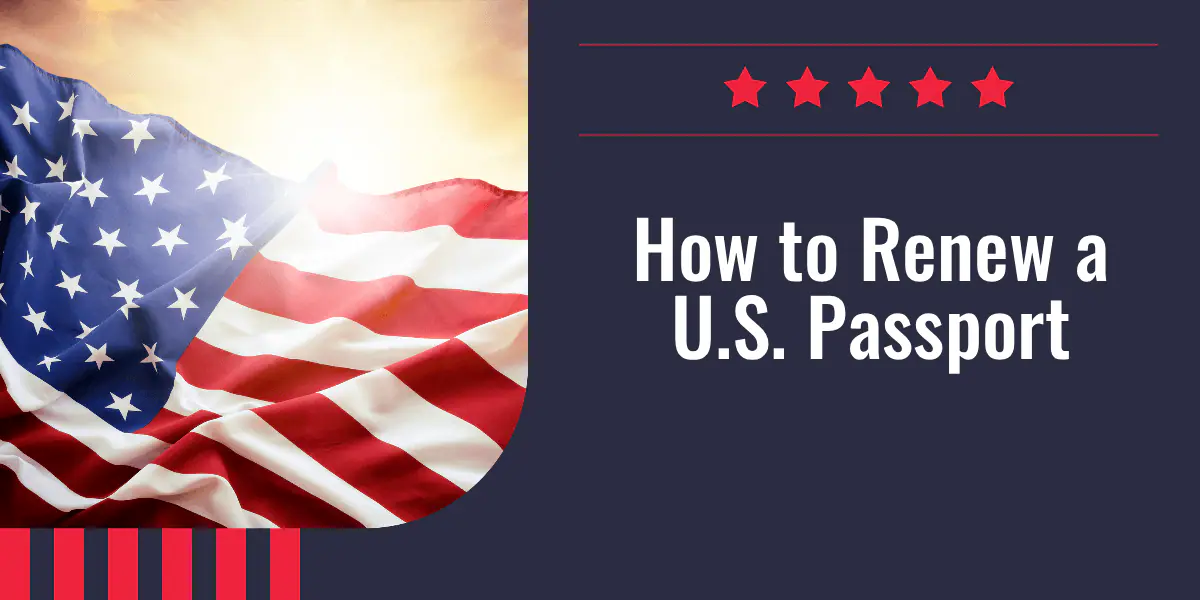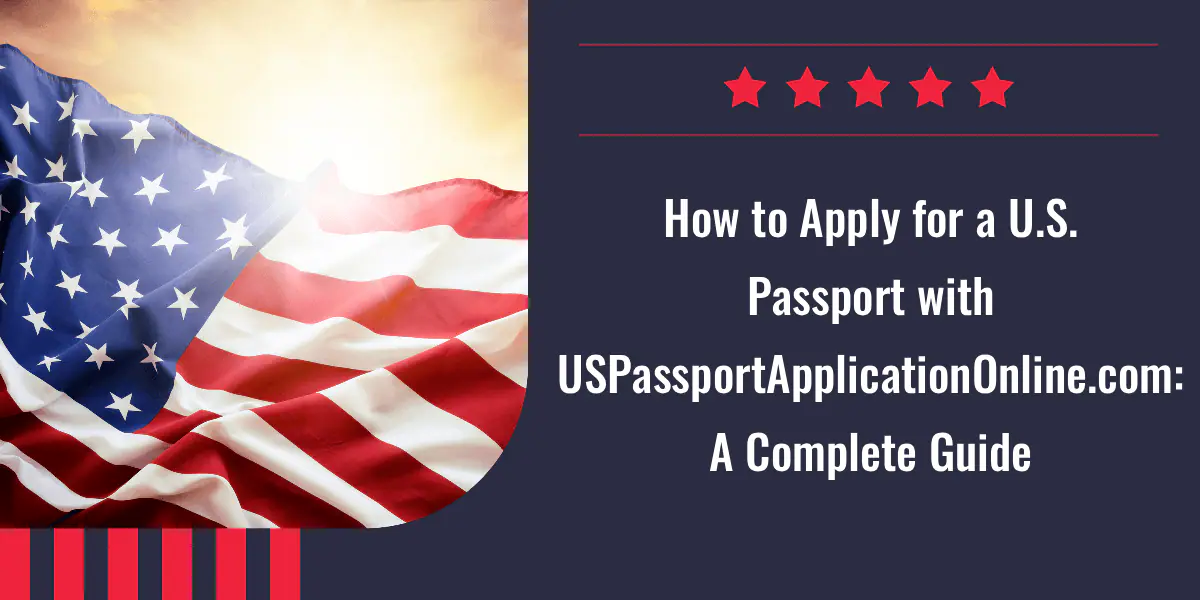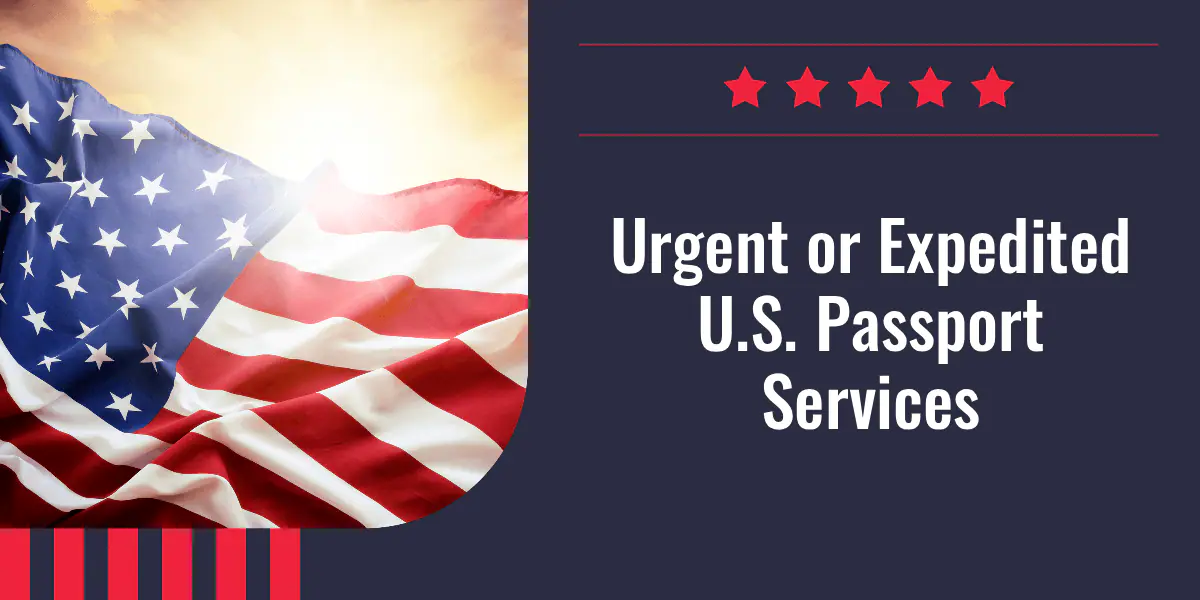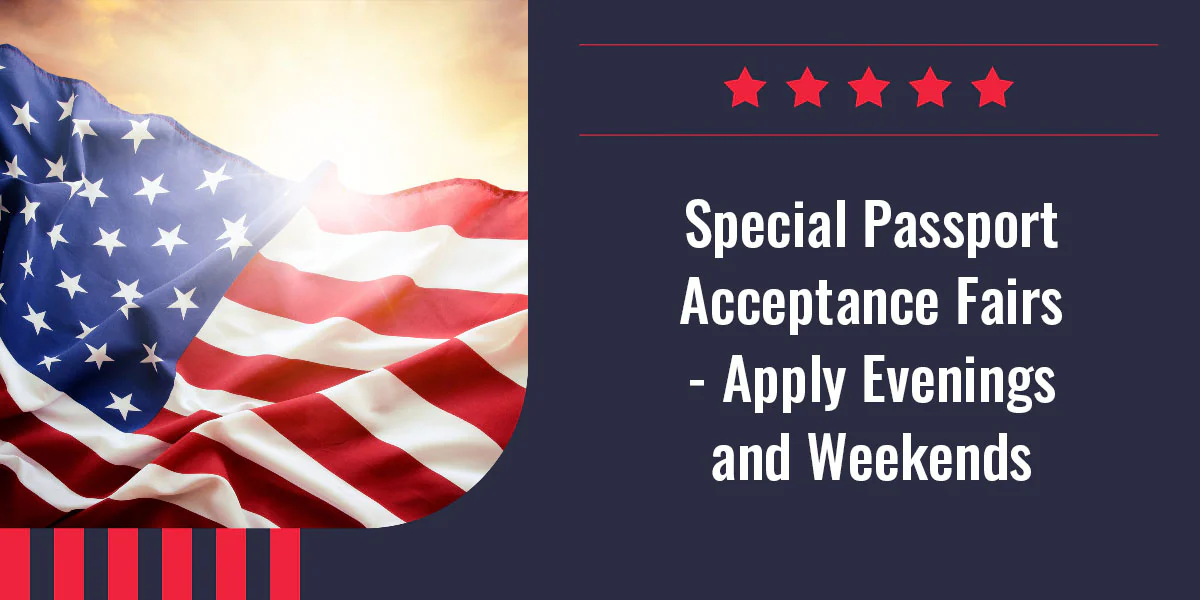
A nonimmigrant visa is a document issued to individuals planning a temporary stay in the United States. It may apply to various purposes, such as tourism, business travel, study, or temporary employment. A nonimmigrant visa differs from an immigrant visa in that it does not directly lead to permanent residency or obtaining a Green Card. The visa holder is required to leave the U.S. once the period specified in the document has expired.
These types of visas are the primary tool for regulating short-term visits by foreign nationals. They allow the U.S. to maintain a clear border control system and a distinction between temporary and permanent stays. Thanks to them, people from all over the world can legally take advantage of educational, professional, and tourist opportunities offered by the United States.
Types and examples of nonimmigrant visas in the United States
There are many categories of nonimmigrant visas, each designed to meet specific travel needs. The most common include:
-
B1/B2 visa – for travelers visiting the U.S. for tourism or business purposes.
-
F1 visa – for students enrolled in educational institutions in the United States.
-
H1B visa – for employees engaging in temporary specialized work.
Each type of visa has its own requirements and conditions that must be met during the application process.
In addition to these, there are other categories such as the J1 visa for exchange programs or the O1 visa for individuals with extraordinary abilities. Each category has a specific purpose and target group. This diversity allows the U.S. visa system to flexibly respond to the needs of the labor market, education, and tourism.
Requirements for obtaining and validity of a nonimmigrant visa
A nonimmigrant visa is always issued for a specific purpose and a strictly defined period of stay. This means that the validity of the visa depends on its type and the applicant’s individual situation. When applying, it is necessary to provide documents confirming the purpose of travel, such as a business invitation, admission confirmation from a school, or a work contract. Overstaying the authorized period may result in serious immigration consequences, including a ban on reentry to the United States.
It is also important to note that the visa’s validity does not always equal the permitted length of stay – the final decision is made by the immigration officer at the border. Applicants must strictly comply with visa rules and conditions. Failure to do so can make it more difficult to obtain future visas.
Importance of nonimmigrant visas in the U.S. immigration system
Nonimmigrant visas play a vital role in the United States immigration system. They enable legal and regulated entry for individuals coming to the U.S. for a limited time. They serve as a tool for managing the flow of students, temporary workers, business travelers, and tourists. For many people, a nonimmigrant visa is the first step in building a relationship with the U.S. – from education, through work experience, to potential future residency.
The U.S. visa system ensures a balance between the country’s needs and openness to international visitors. Nonimmigrant visas make it possible to effectively protect borders while offering opportunities for foreign nationals. In this way, they play a crucial role in the economy, education, and international relations of the United States.
👉 If you are applying for a U.S. nonimmigrant visa or planning to submit a U.S. passport application, you can use our online application form at uspassportapplicationonline.com to prepare your documents accurately and avoid mistakes.
Select your application form type
U.S. Passports
U.S. Visas
U.S. ESTA
Read also the articles on our blog:
* The information provided in this article is for informational purposes only and does not constitute legal advice. The content has been prepared based on publicly available information, including the U.S. Department of State website and other thematic sources, and is intended to clarify selected issues and assist individuals interested in the process of applying for documents, including passports and visas.



